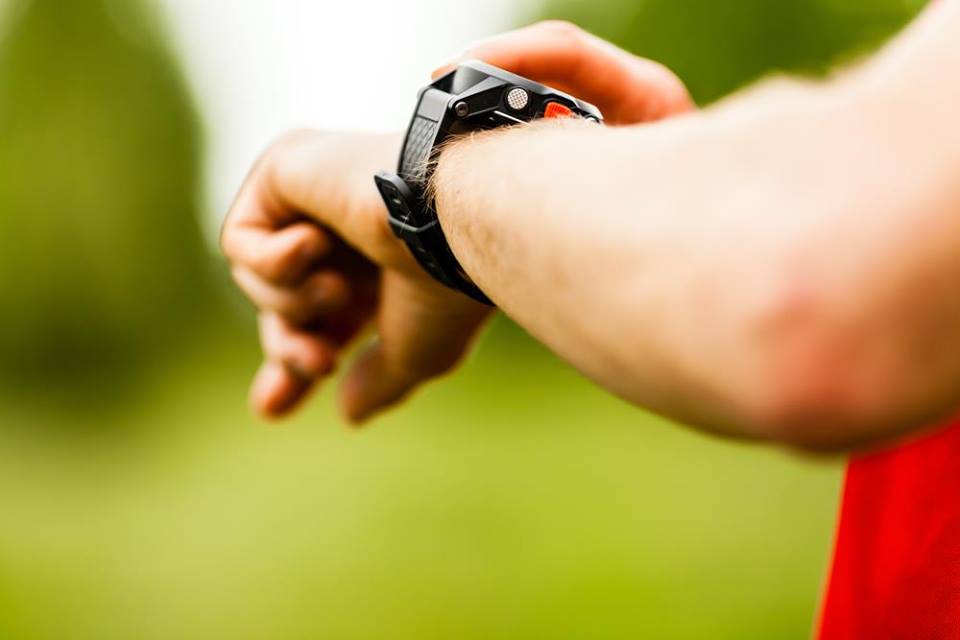
What is GPS and how does it work? What are GPS devices? Are these devices truly beneficial and advantageous? What are the uses of these devices? Because of the rise in popularity of GPS devices, a lot of people are now looking into the basics of GPS.
Most people do some research when looking at GPS devices, to help them learn about the ins and outs. If you have no clue about these devices, it is better to take a very close look at how these devices work before you purchase or use one. Here is a guide on how GPS devices work.
In past decades, people had to manually navigate to avoid getting lost. For instance, people made specific landmarks or lighthouses just to guide travelers to their way. People also had to read through a lot of difficult maps, or even used the stars just to find their way home. With the development of modern technology, things have become easier and more convenient. You do not have to look up in the night sky just to check where you are. You can buy a GPS device to help you track or find your way as you travel to different places. For those who have no idea about GPS, it is essential to learn about the basics of this technology to have a better understanding of how these devices work. GPS stands for Global Positioning System, which refers to a system of receivers and satellites that provides positional information anywhere on the Earth. You will be able to check your exact location, 24 hours a day, 7 days a week. This type of navigational system was originally developed by the United States Department of Defense as a way to effectively navigate to different locations. This system uses a network of 24 satellites that orbit the earth, and was originally developed in 1973 to improve the limitations of older navigational systems. The very first satellite for the GPS system was developed and launched in 1974, while the 24th satellite was completed in 1994. The US Department of Defense soon opened the GPS system to the public for general use. These days, new satellites are still being launched to replace faulty ones. And because of the steady rise in technology, GPS tracking devices have become more accessible and more affordable to regular users.
GPS tracking devices work with a high degree of precision and accuracy. A GPS signal basically contains a code and almanac data. This code is very important because it determines which GPS satellite is actually transmitting the signals. Codes are regularly transmitted by GPS satellites and contain a lot of pertinent information such as the condition of the satellite, as well as the current time and date.
This is a very important part of the GPS system because it is used to calculate the exact position of a GPS user. The other type of data, which is the almanac data, is also vital because it contains the information of the exact positions of each individual GPS satellite. Now this is very important because you need to know the exact positioning of a GPS satellite to be able to calculate the location of a GPS user on the Earth. Once the GPS receiver has the time, date and the exact location of the transmitting GPS satellite, it can now calculate for the user’s exact position on the Earth.
To calculate this, the GPS receiver considers the time that the signal was transmitted by a GPS satellite and the time that it was received by the GPS receiver unit. This determines the distance of the transmitting satellite. Therefore, if you add up the calculated distances of 2 or more satellites, you can calculate the position of the GPS user. In most cases, a GPS receiver uses at least 3 different GPS satellites to get the exact location or position on the Earth.
There are a lot of uses and benefits of GPS devices, which has contributed to the overall popularity of these devices. When they were first launched to the public, GPS devices were a bit expensive due to the costs of maintaining and manufacturing each GPS unit. However, because of the emergence of different brands and manufacturers of GPS systems, these devices have become more affordable to all types of users. Because of the many uses, manufacturers have also come up with a wide variety of models and devices that are intended for different applications.
If you want to purchase a specific type of GPS tracking device, you need to do a little bit of research to find out which one is best for you. GPS receivers and tracking units are equipped with all types of maps that contain a lot of details and information. Before you actually search for a GPS unit, you need to consider the type of application that you need it for, in order to narrow down your search. Remember, high-end GPS devices tend to be very expensive. It can be very disadvantageous if you buy a very expensive GPS tracking device that you do not actually need. For example, some GPS units even contain a built in barometer or pulse monitor for people who need these additional features.
If you need one just for navigational purposes, you can actually do away with these added features and look for something that offers the exact requirements that you are looking for in a unit. You can try to visit several local shops and dealers that offer a wide variety of GPS units, or you can use the Internet to look for various products. This is actually a very easy way to look for GPS units because there are a lot of websites that feature the different GPS systems. You can browse each website for a few minutes and look through the product details and specifications of each GPS tracking device.
Each basic GPS device can determine the exact and precise location anytime during the day. You must take all the necessary measures to choose the best type of GPS receiver that suits your needs. For instance, if you need one for your vehicle, you can always look for a GPS navigational device that is made especially for car travelers.
But if you need one for outdoor purposes, you should look for a unit that has added features, such as waterproof and shockproof mechanisms. Manufacturers and companies actually create their GPS models based on the exact applications that you need them for. Perhaps the most popular GPS tracking devices in the market are those that are designed for car travelling. These GPS units have basic specifications such as Bluetooth technology and a voice response system that makes navigation easier and more convenient for drivers.
For instance, if you need to go to a specific location that you are not very familiar with, you just need to use the GPS system to give you some directions. GPS systems that have voice or speech features can easily tell a driver which direction he needs to go. This is very convenient because you actually do not need to stop driving just to pause and take a look at the GPS unit. You just need to listen to the instructions, such as turn right at Hancock Street or turn left at Elm Street. Most GPS units also have high quality LCD display consoles that are very easy to use and understand. More expensive GPS units have wide screens that show your exact location on the map, while more affordable ones have smaller screens. Some GPS navigational systems also have memory features that allow users to save their travel routes.
Buying a specific type of GPS that suits your needs can definitely become a challenging task because of the available options in the market. If you have no clue where to start, you can always research on the most reputable manufacturers in the market that offer a wide array of GPS units and devices. This way, you can be guaranteed of their quality and durability, as well as their accuracy.
Make sure that you have checked all of the product details and specifications to see whether a type of GPS system matches your requirements and needs. Although there are a lot of cheaper GPS devices in the market, you need to be very careful with your decision so as not to buy a low quality device that does not have a high degree of accuracy. It is also highly advisable to check all the product ratings and user reviews to have an overview of the product’s quality and performance. Although doing some research entails a lot of time and effort, you really need to do your homework when looking for a GPS device so you buy one that meets your needs.
Contributor Profile: Written in behalf of Trackometer.net – the leading builder of various types of tracking device, ranging from phone trackers, vehicle trackers, portable GPS trackers and loggers, and other types of fleet tracking systems. Trackometer.net has now tracked almost 4 billion locations from 102 countries on 15 million devices.










![Watch Video Now on xiaohongshu.com [以色列Elevatione perfectio X美容仪 perfectio X 全新仪器黑科技了解下]](https://www.techburgeon.com/wp-content/uploads/2019/07/perfectiox-singapore-150x150.jpg)
